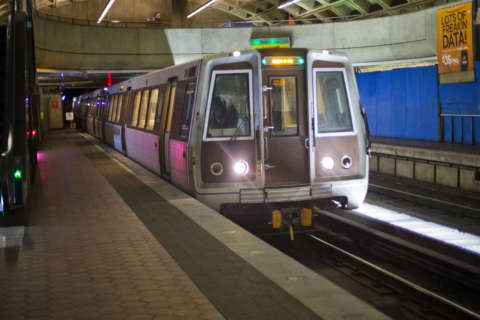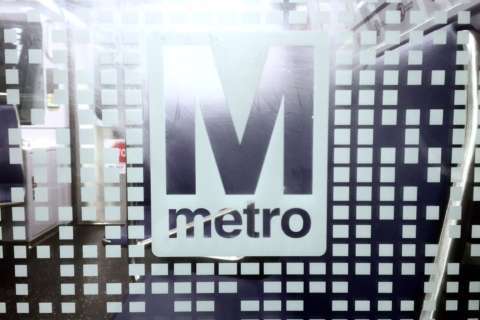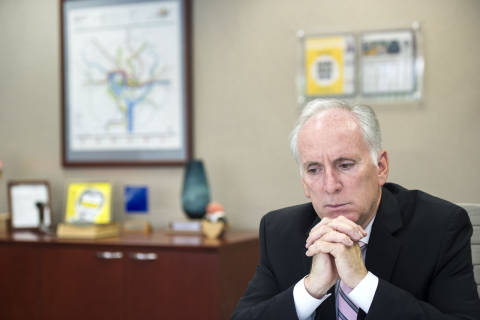WASHINGTON — The first volley comes next week on Metro’s plans for service and fares for the budget year that starts next summer.
General Manager Paul Wiedefeld expects to release his budget proposal for what Metro Board Chairman Jack Evans describes as a “very, very challenging year” before Thursday’s meeting of the Metro Board’s Finance Committee.
“Every year is a very challenging year,” Evans said. “There will be numerous opportunities for public input … including station pop-ups and a public hearing.”
Wiedefeld has warned that without additional local money this budget cycle, Metro could be forced to make cuts. Regional leaders have not agreed on a new funding plan.
Wiedefeld declined Thursday to provide details of his proposal, including whether the approximately $3 billion blueprint would suggest fare increases or significant service cuts for a second straight year.
“It’s really not far from where we’ve been, which is basically [that] we need to focus on the capital side in making sure that the system’s safe and reliable, so we cannot back away from that. So that’ll be obviously a large part of the message, and then the operating is, obviously, we need to continue to build ridership back up to get more revenues,” Wiedefeld said.
The budget usually includes proposals to cut or change some bus routes based on cost or ridership levels.
Although rush-hour trains and buses are often crowded, overall Metro ridership has been down sharply over the last several years, especially at the times Metro reduces rail service the most — nights and weekends.
“That is, unfortunately, a time where we need to do particularly major capital work … so that is a much more difficult challenge,” Wiedefeld said.
He promised new Metro promotions and other changes soon based on data analytics that will attempt to lure riders back.
Under previous early budget projections, a $1.28 billion capital budget for the year starting in July was expected to require about $467 million more than local governments and the federal government are contributing this year. The operating budget contributions from local governments were projected to increase from $980 million to somewhere between $1 billion and $1.1 billion, as revenues slip to $794 million.
In the past, Wiedefeld has said any reversal of the service cuts implemented this summer would be an additional cost beyond what Metro has projected. He also hopes to start a rainy-day fund.
The budget is often amended over a period of several months before final approval around March.







